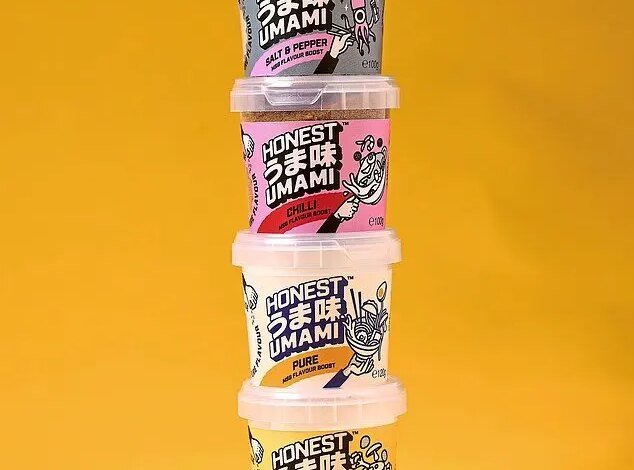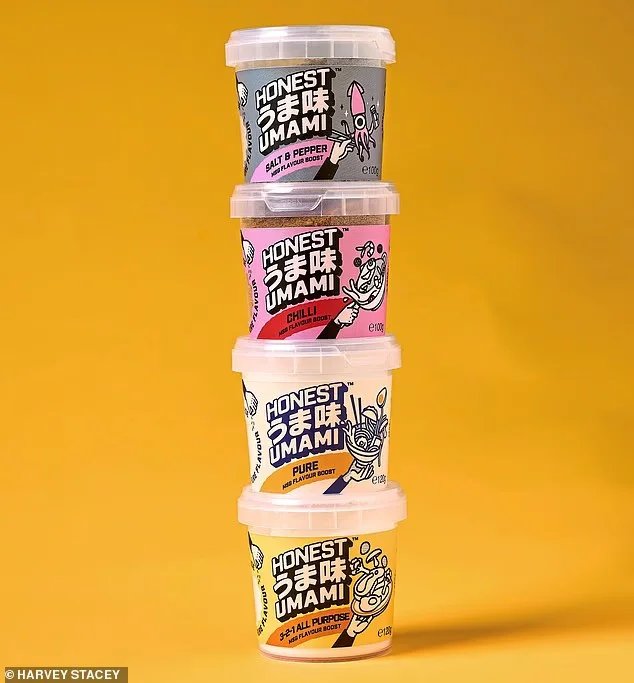Is MSG Bad For You? Here’s What The Science Really Says

- Honest Umami MSG Flavour Boosts, from £3.95 each, honestumami.com
–>
–>
–>
–>
WHAT‘S THE STORY?
Daily Mail journalists select and curate the products that feature on our site. If you make a purchase via links on this page we will earn commission – learn more
Monosodium glutamate – MSG to you and me – has long been blamed for a range of nasty health issues like headaches, dizziness, palpitations, arm numbness and flushing. It stemmed from a hoax letter published in 1968 in the New England Journal of Medicinewhere the term ‘Chinese Restaurant Syndrome’ was coined, blaming the MSG commonly used in Chinese restaurants. The fake letter was written by a doctor named Howard Steel under the pseudonym Robert Ho Man Kwok, apparently as a joke, though he was lambasted for racism and the repercussions on the Chinese community when he confessed decades later.
Despite there being no basis for the claims, it triggered mass hysteria. Extensive studies in the decades since have proved MSG as safe for consumption, with both the UK and US permitting its usage. It’s definitely not bad for you. In fact, MSG has about one third of the sodium content of salt, making it preferable for those with high blood pressure.

WHAT’S THE SCIENCE?
MSG is the sodium salt (a chemical compound) of glutamic acid (an amino acid) that occurs naturally in a wide range of foods, such as mushrooms, parmesan, tomatoes and soy sauce. It’s even in breast milk, so it’s not some scary manufactured chemical, as you may have assumed. It’s made by fermenting plant-based ingredients in the same way as yogurt or kombucha, rather than by an artificial process.
WHAT’S THE POINT?
MSG boosts savoury flavour and has a third of the sodium content of salt, so it has less impact on heart health. A myriad of chefs are fans: the late Anthony Bourdain famously said, ‘I like MSG’, Heston Blumenthal claims it is ‘an important element of taste’ and, as The New Yorker’s food writer Helen Rosner argues, ‘Sometimes you want something to taste like itself, only transcendently better. For that, nothing but MSG will do.’
WHAT’S THE TRUTH?
These seasoning pots are crystallised from fermented sugar beets, and a sprinkle gives a savoury umami flavour to your dishes without you having to worry about your next blood-pressure test. Just like salt it contains virtually no calories, and you use it in a similar way, though it’s more a fine powder than granulated like table salt.
OUR RATING
Share or comment on this article:
Is MSG bad for you? Here’s what the science really says
Disclaimer: This news article has been republished exactly as it appeared on its original source, without any modification.
We do not take any responsibility for its content, which remains solely the responsibility of the original publisher.
Disclaimer: This news article has been republished exactly as it appeared on its original source, without any modification.
We do not take any responsibility for its content, which remains solely the responsibility of the original publisher.
Author: uaetodaynews
Published on: 2025-10-25 10:10:00
Source: uaetodaynews.com



